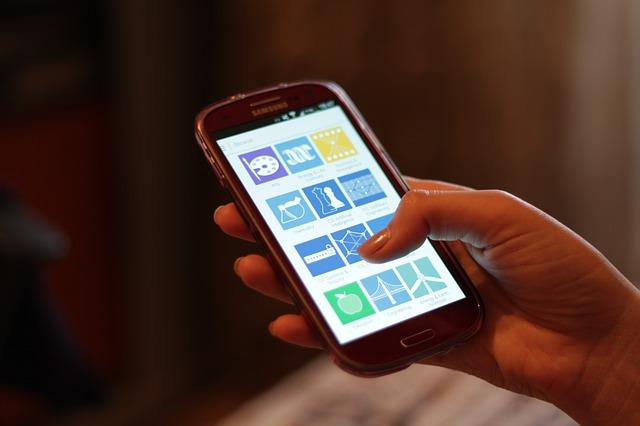Imagine a Yelp, but for people — an app where people rate your characteristics like they would rate baked ziti at a sketchy new Italian restaurant.
While this concept may seem completely crazy, it’s happening and it’s called Peeple. The creators of the brand new app, due out in November, are making it possible to allow co-workers, friends, romantic partners and others to rate someone on a list of varying categories. The scariest part? The person doesn’t even have to sign up to be critiqued.
Since its announcement about a month ago, there has been an internet uproar of blog posts, Facebook stories, Tweets and news articles. The online community has been quick to address the potential issues and raise bigger questions on what this app means for society.
A quick Google search for Peeple and one will find dozens of opinion columns from various news outlets, including The Washington Post and The Guardian. They all basically say the same thing: Peeple is problematic.
But rating apps for humans aren’t an entirely new phenomenon. Popular dating apps like Tinder and Hot or Not have been used to find romantic partners based solely on appearances. But swiping left to a stranger is a little different than your ex writing a detailed description of your personality and habits in bed.
Peeple operates publicly. Anyone can see what someone writes and who they write about. While Tinder conversations can only occur after mutual matching, Peeple’s content is exposed to the eyes of the world. There is no anonymity. Anyone can be the target of praise or harsh criticism.
This distinction is where fear of Peeple stems from — people in one’s life can pick apart every aspect of their personality and put it on an arbitrary scale.
According to ABC News, the creators of the app insist it’s designed to share “positive experiences,” but most people aren’t buying it.
Here’s where the mystery of Peeple comes in. After this nationwide media attention, the company went radio silent. The app disappeared from every corner of the internet. Everything from their Twitter account to their official website left cyberspace and prompted the world to ask why.
Did the company collapse under the intense backlash of the public, or was it all an elaborate, satirical hoax as some of the more skeptical sides of the Internet believe? Nobody really knows and frankly, it really doesn’t matter.
This app is just another way to open up society’s scars and discuss the issues that make us bleed. But it has allowed for an open discussion about where we place our standards and morals.
Regardless of if one thinks the app should exist, the idea has already been planted. Now the world must decide how to tackle the possible negative consequences that go along with a “Yelp for people.”
Come November, the world will find out whether Peeple sticks to its guns and truly creates an uplifting experience, or if it will tear people apart with its open space for criticism.








